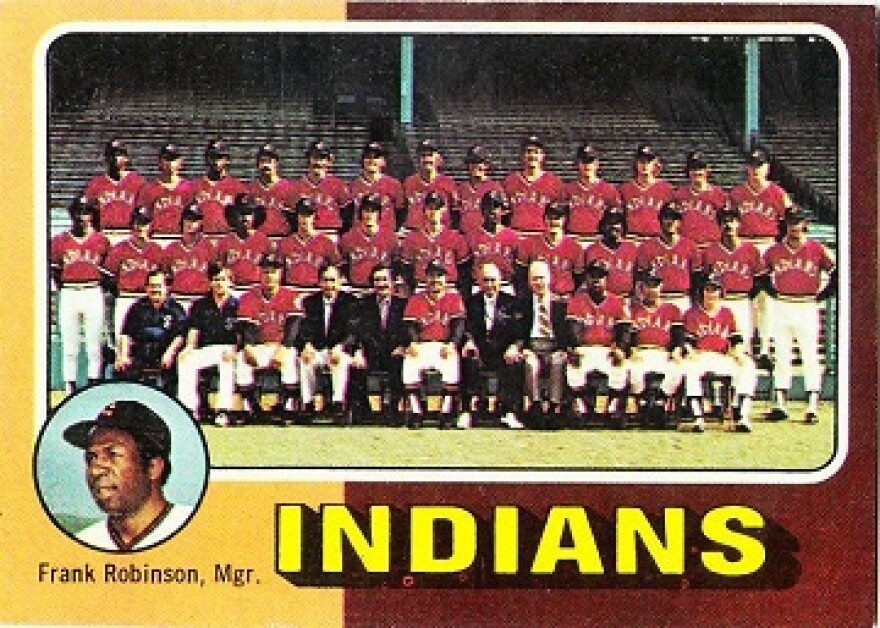- 98th Day of 2015 267 Remaining
- Summer Begins in 74 Days
- Sunrise:6:43
- Sunset:7:39
- 12 Hours 56 Minutes
- Moon Rise:11:50pm
- Moon Set:9:28am
- Phase:83%
- Full Moon May 3 @ 8:44pm
- Full Flower Moon In most areas, flowers are abundant everywhere during this time. Thus, the name of this Moon. Other names include the Full Corn Planting Moon, or the Milk Moon.
- Tides
- High:1:27am/2:65pm
- Low:8:08am/7:59pm
- Rainfall:
- This Year to Date:17.96
- Last Year:12.30
- Avg YTD:21.94
- Annual Avg:23.80
- Holidays
- ASPCA Day
- Draw A Picture Of A Bird Day
- National Dog Fighting Awareness Day
- National Empanada Say
- Trading Cards For Grown Ups Day
- Zoo Lovers Day
- International Romani Day
- Flower Festival-Japan
- On This Day
- 1778 --- Future United States President John Adams arrives in Paris, France to replace former Continental Congress member Silas Deane as a member of the American commission representing the interests of the United States.

- 1789 --- The U.S. House of Representatives held its first meeting.

- 1834 --- In New York City, Cornelius Lawrence became the first mayor to be elected by popular vote in a city election.

- 1873 --- Alfred Paraf received a patent for the first commercially viable margarine manufacturing process.

- 1879 --- The Echo Farms Dairy of New York began selling milk in glass bottles, the first in the U.S.

- 1913 --- The 17th amendment to the Constitution, providing for the popular election of U.S. senators, was ratified.

- 1935 --- President Franklin D. Roosevelt authorizes almost $5 million to implement work-relief programs on this day in 1935. Hoping to lift the country out of the crippling Great Depression, Congress allowed the president to use the funds at his discretion. The act was unprecedented and remains the largest system of public-assistance relief programs in the nation’s history. One of the most notable federal agencies FDR created with the Emergency Relief Appropriation Act was the Works Progress Administration, one of several New Deal programs FDR hoped would relieve the chronic and widespread unemployment citizens faced during the Depression. While FDR believed in the elementary principles of justice and fairness, he also expressed disdain for doling out welfare to able workers. The WPA, the Public Works Administration (PWA) and other federal-assistance programs created by the act put Americans to work in return for temporary financial assistance. To prevent the act from harming private enterprise, Roosevelt included a provision that prohibited federal programs from competing with independent businesses by placing wage and price controls on federally funded products and services. Workers with the WPA built highways, schools, hospitals, airports and playgrounds. They even restored theaters, such as the Dock Street Theater in Charleston, South Carolina, and built the ski lodge at Oregon’s Mt. Hood. The WPA also put actors, writers and other creative-arts professionals back to work by sponsoring federally funded plays and art projects. For its part, the PWA funded the construction of New York’s Triborough Bridge and the Lincoln Tunnel, as well as the port at Brownsville, Texas.

- 1950 --- Senator Joseph McCarthy labels Professor Owen Lattimore “extremely dangerous so far as the American people are concerned” in a carefully worded public speech, but stops short of calling him a Soviet spy. The speech was yet another example of McCarthy’s ability to whip up damaging Red Scare hysteria with no real evidence.

- 1953 --- Jomo Kenyatta, leader of the Kenyan independence movement, is convicted by Kenya’s British rulers of leading the extremist Mau Mau in their violence against white settlers and the colonial government. An advocate of nonviolence and conservatism, he pleaded innocent in the highly politicized trial. One of modern Africa’s first nationalist leaders, Kenyatta was a great defender of Kenyan and African culture, and wrote eloquently on the plight of Kenyans under colonial rule. He played little part in the Mau Mau uprising of 1952 but was imprisoned for nine years along with other nationalist leaders. Upon his release in 1961, Kenyatta became president of the Kenya African National Union and led negotiations with the British for self-rule. In 1963, Kenya won independence, and in 1964 Kenyatta was elected president. He served in this post until his death in 1978.

- 1962 --- Bay of Pigs invaders got thirty years imprisonment in Cuba.

- 1964 --- The Supremes recorded "Where Did Our Love Go." The song was their first No. 1 single.

- 1972 --- North Vietnamese 2nd Division troops drive out of Laos and Cambodia to open a third front of their offensive in the Central Highlands, attacking at Kontum and Pleiku in attempt to cut South Vietnam in two. If successful, this would give North Vietnam control of the northern half of South Vietnam. The three-front attack was part of the North Vietnamese Nguyen Hue Offensive (later known as the “Easter Offensive”), which had been launched on March 30. The offensive was a massive invasion by North Vietnamese forces designed to strike the knockout blow that would win the war.

- 1974 --- Hank Aaron of the Atlanta Braves hits his 715th career home run, breaking Babe Ruth’s legendary record of 714 homers. A crowd of 53,775 people, the largest in the history of Atlanta-Fulton County Stadium, was with Aaron that night to cheer when he hit a 4th inning pitch off the Los Angeles Dodgers’ Al Downing. Aaron’s playing career spanned three teams and 23 years. Aaron retired from baseball in 1976 with 755 career home runs, a record that stood until August 7, 2007, when it was broken by Barry Bonds of the San Francisco Giants. Aaron still holds the records for most career runs batted in (2,297), most career total bases (6,856) and most career extra base hits (1,477). After retiring as a player, Aaron became one of baseball’s first black executives, with the Atlanta Braves. In 1982, he was inducted into the Baseball Hall of Fame.

- 1975 --- Frank Robinson of the Cleveland Indians became first black manager of a major league baseball team.

- 1977 --- The Clash's self-titled debut album was released in Britain.

- 1992 --- Tennis player Arthur Ashe announced that he had AIDS.

- 1994 --- Western nations prepare evacuation efforts as Hutu extremists in Rwanda conduct a genocidal massacre that kills hundreds of thousands of ethnic Tutsis.

- 1994 --- Kurt Cobain was found dead in his home outside Seattle, Washington, with fresh injection marks in both arms and a fatal wound to the head from the 20-gauge shotgun found between his knees. Cobain’s suicide brought an end to a life marked by far more suffering than is generally associated with rock superstardom. But rock superstardom never did sit well with Kurt Cobain, a committed social outsider who was reluctantly dubbed the spokesman of his generation.

- 2005 --- Eric Rudolph agrees to plead guilty to a series of bombings, including the fatal bombing at the 1996 Olympics in Atlanta, in order to avoid the death penalty. He later cited his anti-abortion and anti-homosexual views as motivation for the bombings.

- Birthdays
- Guatama Buddha
- Robyn Wright Penn
- Jim “Catfish” Hunter
- Sonja Henie
- Betty Ford
- Mary Pickford
- Carmen McRae
- Shecky Greene
- Jacques Brel
- Barbara Kingsolver
- Izzy Stradlin
- Julian Lennon
- Patricia Arquette
- Emma Caulfield
Wednesday April 8, 2015

